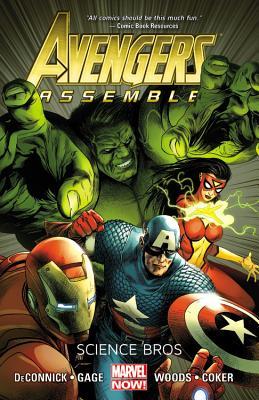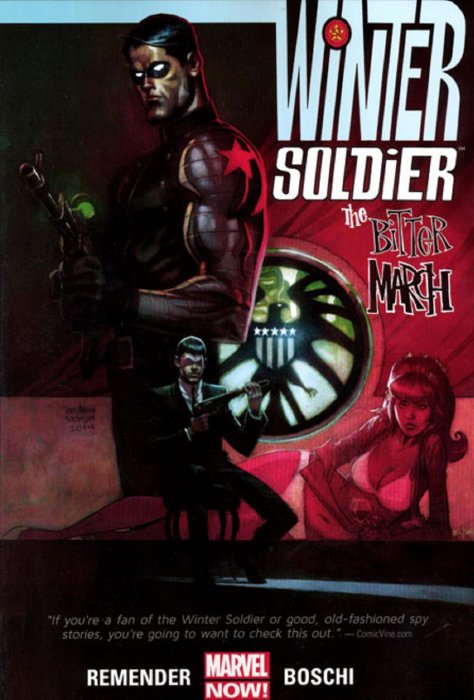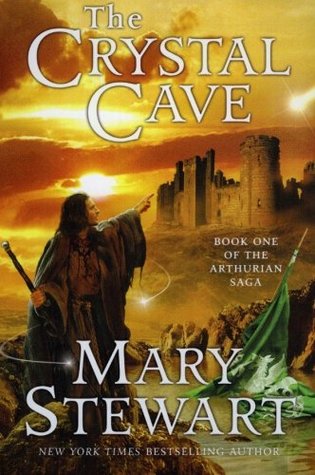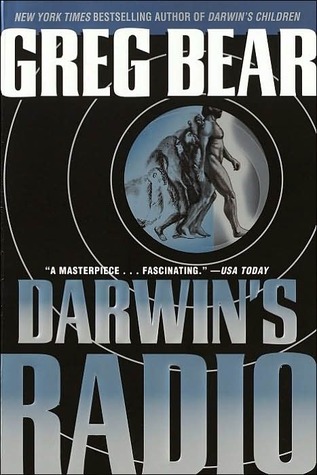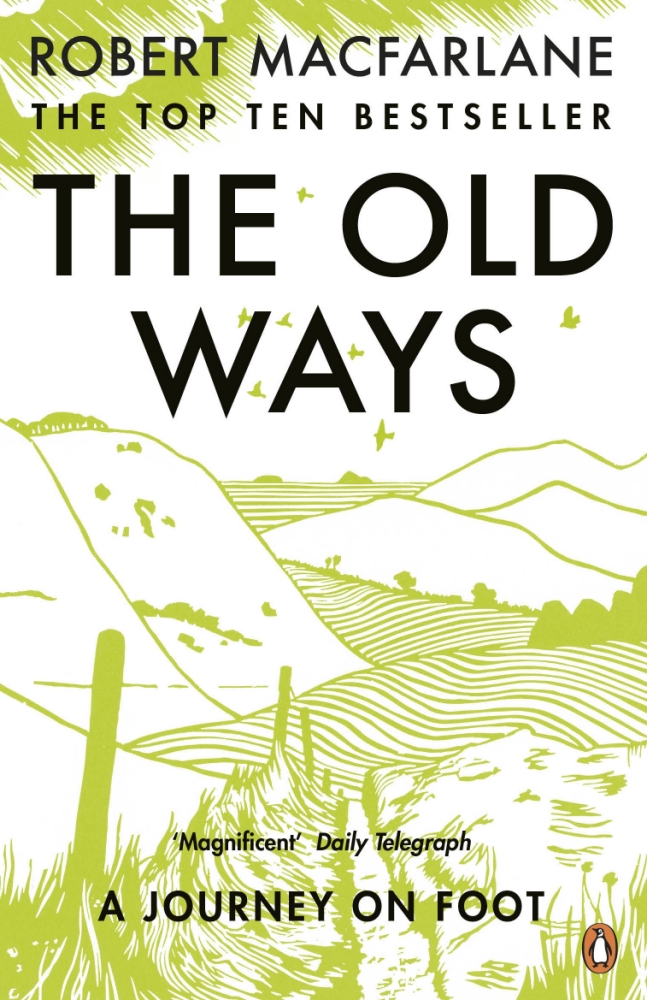Six Against the Yard, Margery Allingham, Anthony Berkeley, Freeman Wills Crofts, Ronald Knox, Dorothy L. Sayers, Russell Thorndike
I got this book mostly for the Dorothy L. Sayers story, of course, but I was interested in the premise, too. Six master mystery writers, including Margery Allingham and Dorothy Sayers, took it upon themselves to write a short story each in which someone committed the perfect murder. And then, in response, an ex-Superintendent of the CID explained the ways he thought that perfect crime could be picked apart. Cornish didn’t seem to think any of the six would really ‘pass’, for various reasons, but it bothered me a little that it didn’t matter how many precautions the characters took to get rid of the evidence, Cornish was sure the police would find something. The police are not all-knowing or perfect; I guess the problem is that I approached the stories as literary, and Cornish tried to view them as reality, while still seeing himself having access to all the facts. Not quite fair!
Margery Allingham’s story is good; she sets up a great narrator, handling themes of domestic violence and so on pretty well. I did applaud Cornish’s understanding of psychology in his response, where he pointed out that the murderer presented themselves in the most sympathetic light possible, but there’s no reason to take their word as gospel truth, even in a confession. Overall, clever but obvious.
I was pretty ambivalent toward Father Ronald Knox’s story of a dictator murdered in his home. That all seemed fairly obvious. Cornish’s feeling that the crime is perfect through unfair play is right: like he says, the crime is unpunishable, but not untraceable.
Anthony Berkeley’s story is fun: another great narrator, fun set of characters. That aspect of it is better than the perfect murder stuff, and the whole story reminded me of Lynn O’Connacht’s beef with first person narrators: why, how, and when are you telling the story? Berkeley didn’t really explain why the two narrators would tell the story in the way they did.
Thorndike’s story was simply too theatrical and contrived. Rooooolling of eyes actually happened here.
Sayers’ story was well written, but fell down in terms of being the perfect murder because it wasn’t a murder. She spent so much time tying up each loose end that Cornish could’ve used to untangle the thing that ultimately, while there was motive, means, and opportunity, there was no defining moment where the ‘murderer’ acted. He simply failed to act, and he wasn’t even sure if that would change anything. I did like the set-up and the psychological understanding, though.
Freeman Wills Crofts’ story has an interesting set-up, but I didn’t think it was even nearly a perfect murder — there were several holes in the logic, which Cornish quite rightly points out.
So as I said, entertaining little collection, nice idea; not overwhelmed by the result, but it’s fun enough.
Rating: 3/5
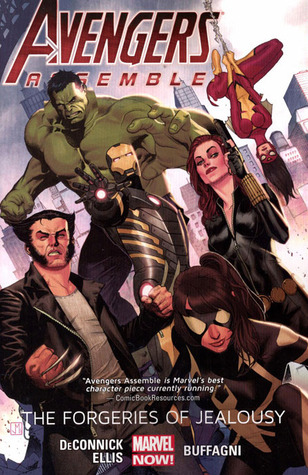 Avengers Assemble: The Forgeries of Jealousy, Kelly Sue DeConnick, Warren Ellis, Matteo Buffagni
Avengers Assemble: The Forgeries of Jealousy, Kelly Sue DeConnick, Warren Ellis, Matteo Buffagni
